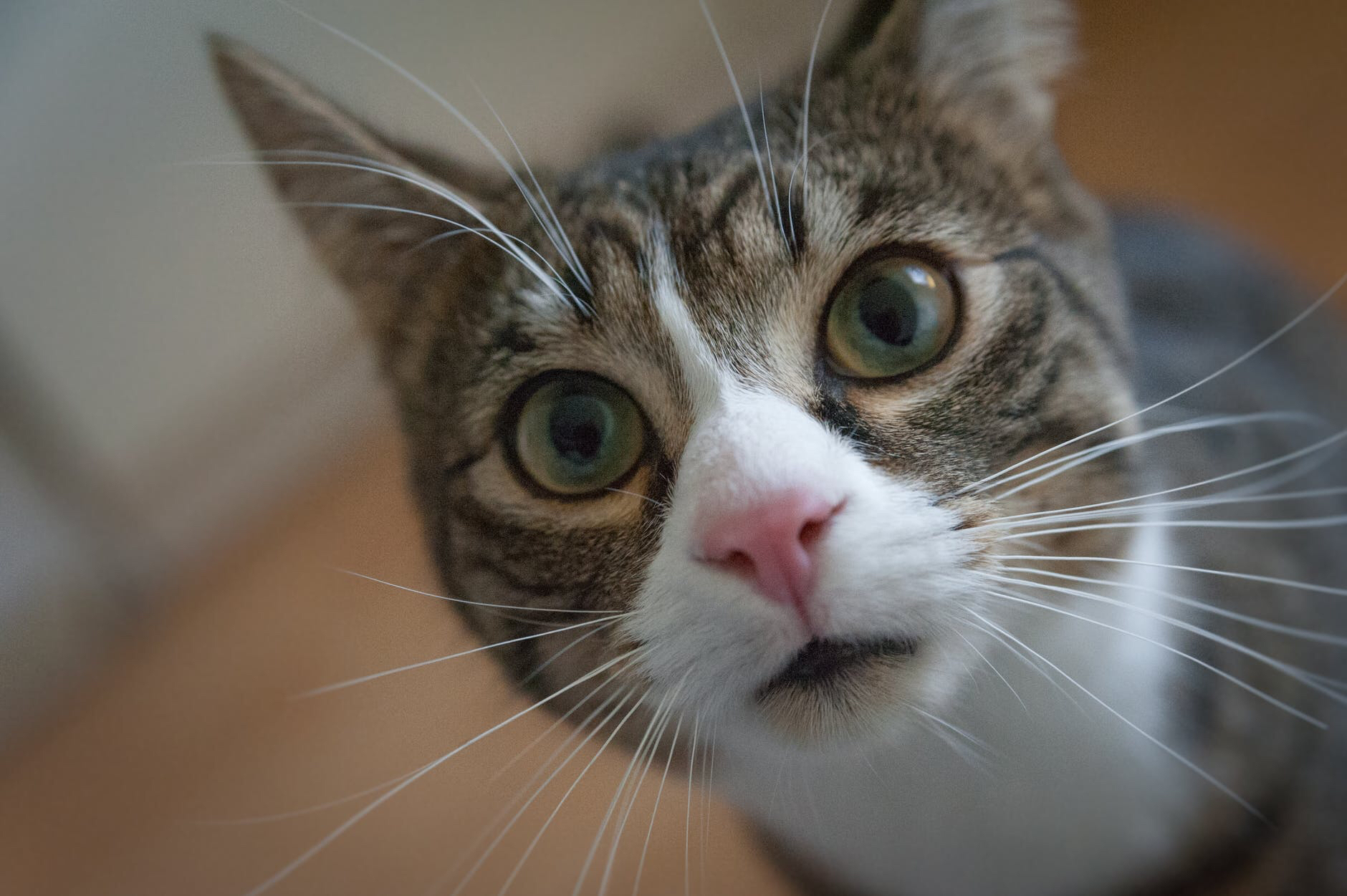Help reduce animal overpopulation – Companion animal overpopulation is a problem that continues to tax the resources of communities throughout North America. Each year, millions of animals are euthanized in animal shelters because there are simply not enough people to adopt them.
Help reduce animal overpopulation

One of the easiest ways to prevent pet overpopulation is to spay and neuter animals. Cats can reproduce at very fast rates. According to the Cat Rescue, Adoption & Foster Team of Central Oregon, two uncontrolled breeding cats can create the following situation if they have two litters a year at a survival rate of 2.8 kittens per litter: 12 cats in the first year, 66 cats in the second year, and 2,201 cats in the third year. Cats reach puberty between 4 and 12 months of age. Female cats reproduce between January and September, and might come back into “heat” every 14 to 21 days until they have bred or daylight decreases considerably. Cats can give birth 60 days after they have bred.
With regard to when to spay or neuter animals, experts advise taking a “the earlier the better” approach. The North Shore Animal League America’s SpayUSA says that, for many years, veterinarians were taught that cats and dogs had to be one year old to be spayed or neutered. But it is now known that kittens and pups can be spayed or neutered at the age of two months (or two pounds). The American Veterinary Medical Association has endorsed this practice, which is referred to as “early age neutering.” When spayed or neutered early, animals recover more quickly from surgery than they would if spayed or neutered later in life.
The Canadian Federation of Humane Societies offers that spaying or neutering is the responsibility of all pet owners. But for some owners, the cost of spaying or neutering can be a deterrent. Several municipalities, humane societies and SPCAs now offer low-cost spay/neuter programs or clinics to address this issue.
Another organization is the Beat the Heat Alliance, Inc., which offers spay/neuter access, assistance and education in northeastern Tennessee. The group also sponsors the Beat the Heat annual event.
Call 423-921-4519 for PROMPT SPAY/NEUTER access and assistance.
They focus on Cocke, Hawkins, Hancock, Grainger, Hamblen, and Jefferson in northeast TN. Which, I live in Jefferson County! My brother, Joel the Brave, just got neutered by the Jefferson County Humane Society, not by Beat the Heat, but hey here is another place to do that locally.
By controlling the rate of reproduction, communities can help alleviate the strain that is posed by pet overpopulation.
Check out 6 Reasons to Spay or Neuter!
Article compliments of MetroCreative. TF172790
About the Author
Discover more from Courageous Christian Father
Subscribe to get the latest posts sent to your email.


